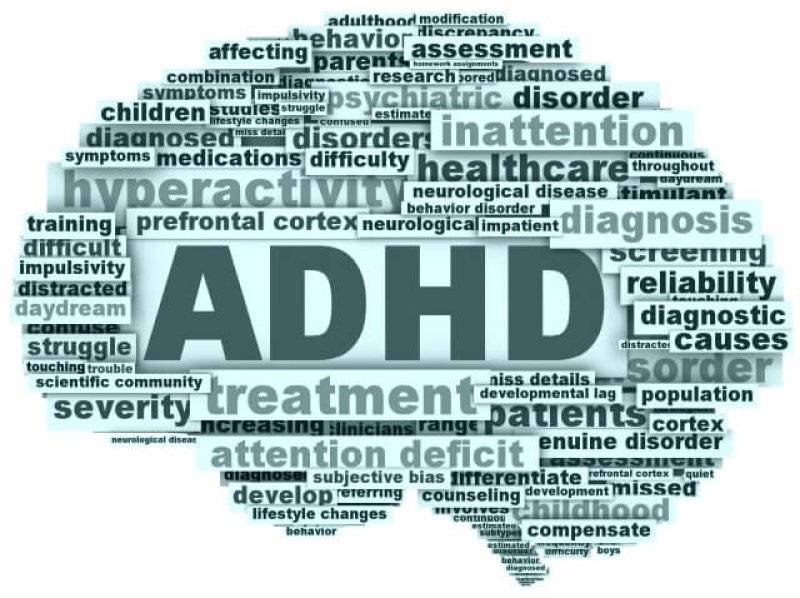Is attention deficit hyperactivity disorder (ADHD) a legitimate diagnosis or is it mostly a fraud? The answer has important implications for many individuals and for society. The diagnosis is accepted as legitimate by the psychiatric profession, but continues to have its vehement critics.
ADHD was first described in children in 1902, and was understood as an impulse control disorder. It was not formally recognized as a diagnosis, however, until the second edition of the DSM in 1968.
[ADHD diagnosis is mad one what we] call a clinical diagnosis, it is based entirely on signs and symptoms without any objective diagnostic tests. You cannot see ADHD on an MRI scan of the brain, an EEG, or a blood test.As an example, raise someone in a closet for 20 years and I guarantee you they will have a psychological disorder, but you would not be able to tell that from looking at their brain with any tool we currently have.
That fuzziness is partly based in the limits of our current technology and understanding. But it is also based in the fact that humans are neurologically heterogeneous and the fact that the brain is an extremely complex system.
Eventually such clinical questions evolve from, “Who has the disorder” to “Who benefits from treatment for the disorder.” That is the real question.
The GLP aggregated and excerpted this blog/article to reflect the diversity of news, opinion, and analysis. Read full, original post: The ADHD Controversy































